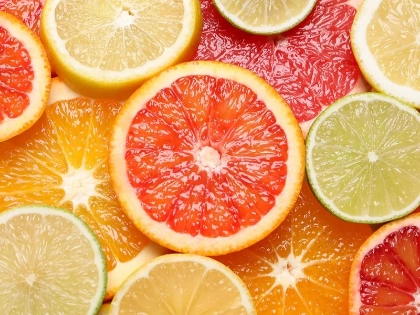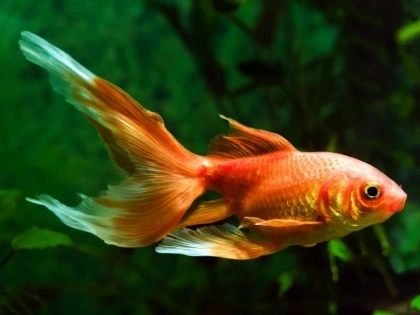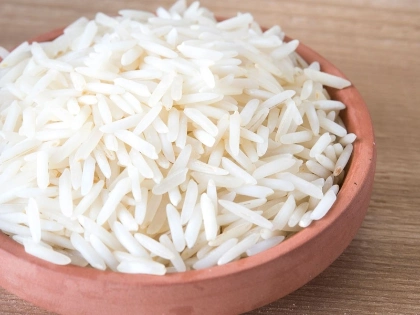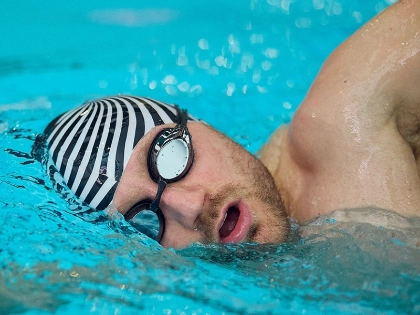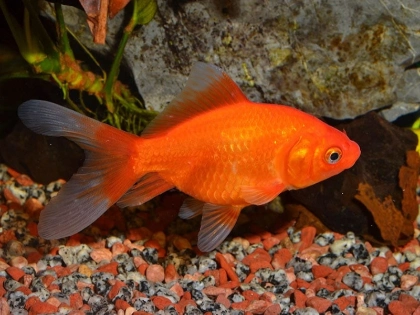A goldfish will behave differently when it is hungry than when it is not. They might gnaw on pebbles on the water's surface, scour the tank's bottom, or burrow into the substrate.
They can be given flakes, boiled veggies like broccoli and carrots, and sliced cucumbers and oranges for dessert.
Swimming in Places It Usually Doesn’t
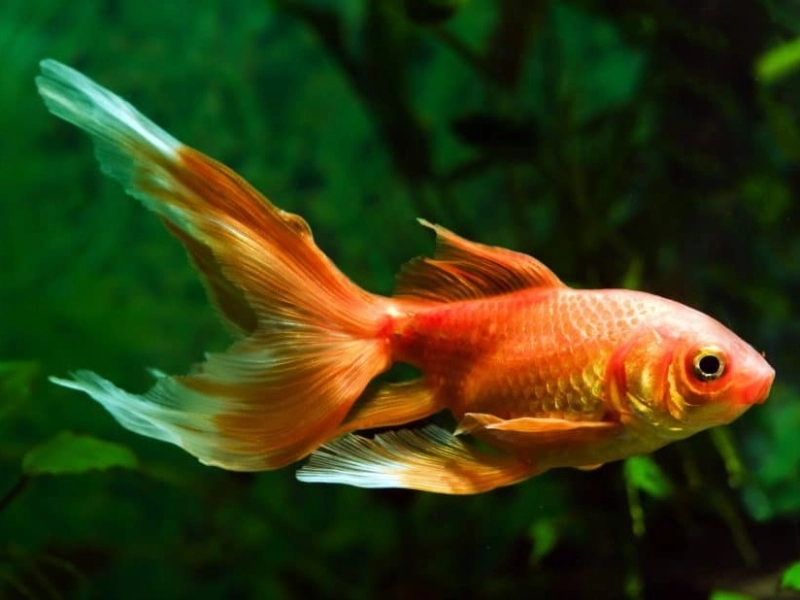
Advertisement
It may indicate that your goldfish is hungry if you see it swimming in areas it doesn't normally go. Fish can have malfunctions in their buoyancy organ if they go without food for an extended period of time.
As a result, the fish inhales air through its gills, increasing its buoyancy. The fish may swim upside down as a result of this. The goldfish is making an effort to make up for this issue. This could also indicate a medical condition or stress.
Excavating the Base
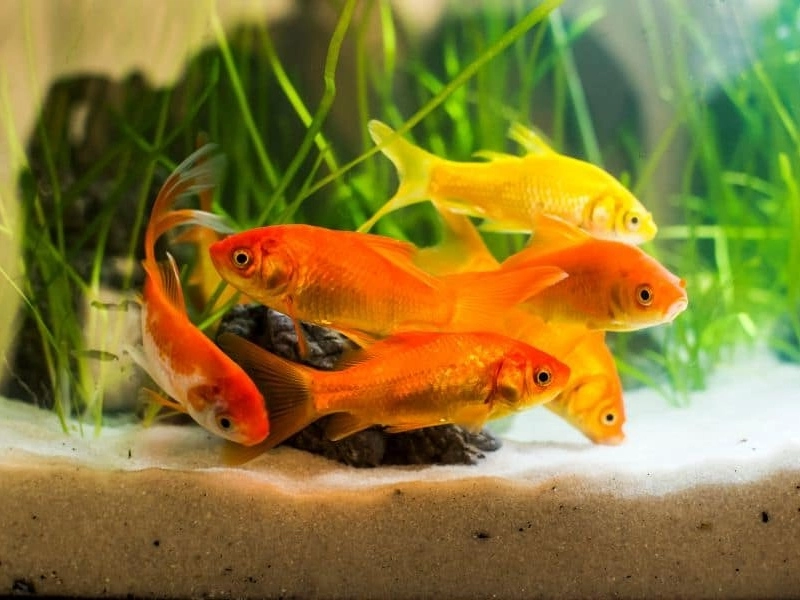
Goldfish enjoy making holes in their substrate. They may be looking for a mate, or they may be sorting and scraping it in quest of food and germs.
Additionally, they like to grasp and swallow gravel pieces, which, if improperly digested, can seriously harm their mouths and intestines. Even their mouths can become trapped with too-small gravel.
A bare bottom tank is preferred by some owners in order to avoid these injuries and choking hazards. For people who wish to maintain live plants, this isn't the best option, nevertheless.
Plundering
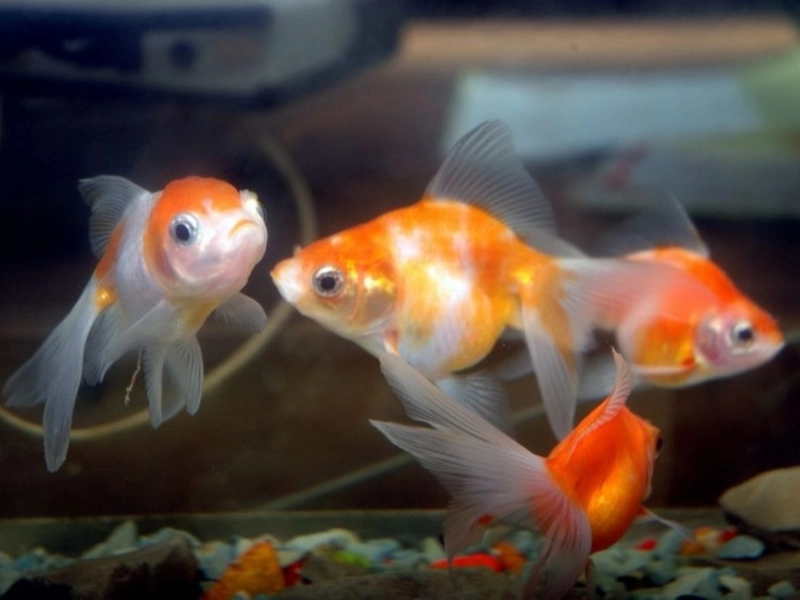
Your goldfish might be hungry if it suddenly begins to scavenge on the substrate or peer at the top of the aquarium. This indicates that feeding time is approaching.
But take care not to feed them too much. Overfeeding might result in pollutants building up in the tank water, which will harm the health of your fish.
Measuring the amount of food before adding it to the tank and feeding them at the same times every day will help prevent overfeeding.
Swimming Above the Waterline
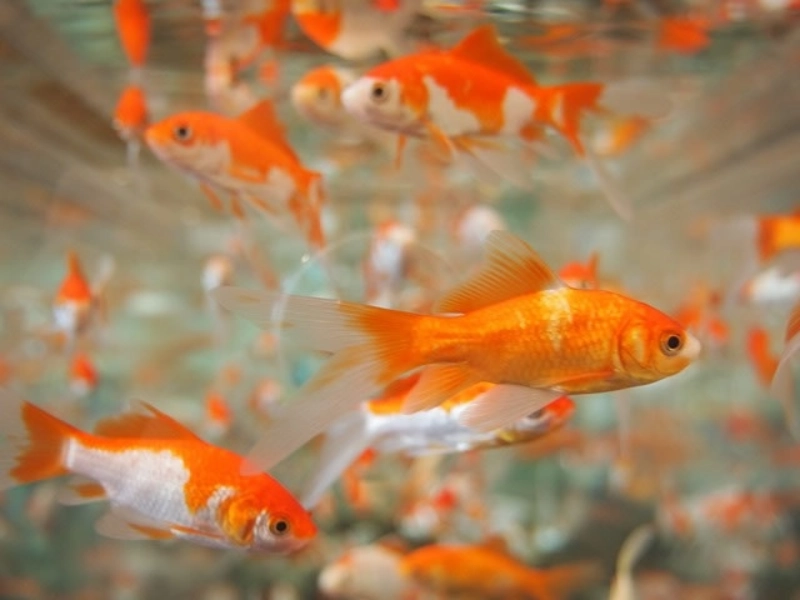
In order to breathe, goldfish swim to the top of their aquarium. They may not have enough oxygen in the tank if they are spending a lot of time at the water's surface. This may be the result of bacterial problems, inadequate aeration, or an excessive number of fish in a tiny tank.
Another potential reason could be a swim bladder issue in the fish. This may occur if the fish is consuming food that causes its stomach to swell and press against its swim bladder.
Hurrying Up to the Tank's Top
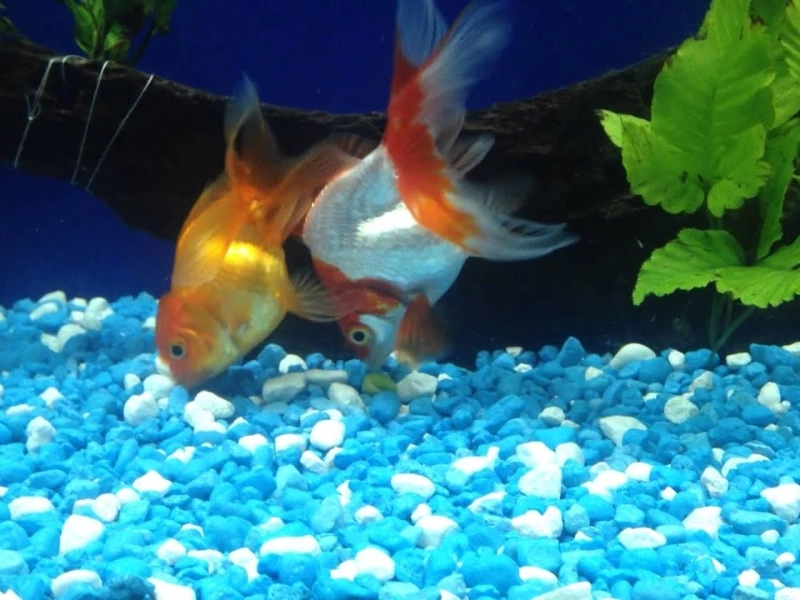
Even though they are not the smartest fish, goldfish can sense when they are hungry. They must be hungry if they are racing to the top of the tank to eat the food there.
If you overfeed your goldfish, you'll also notice uneaten pellets floating around the aquarium. Numerous health issues, such as constipation and swim bladder disease, may result from this. Make sure you are just giving them as much food as they can finish in a short period of time.
Aggression
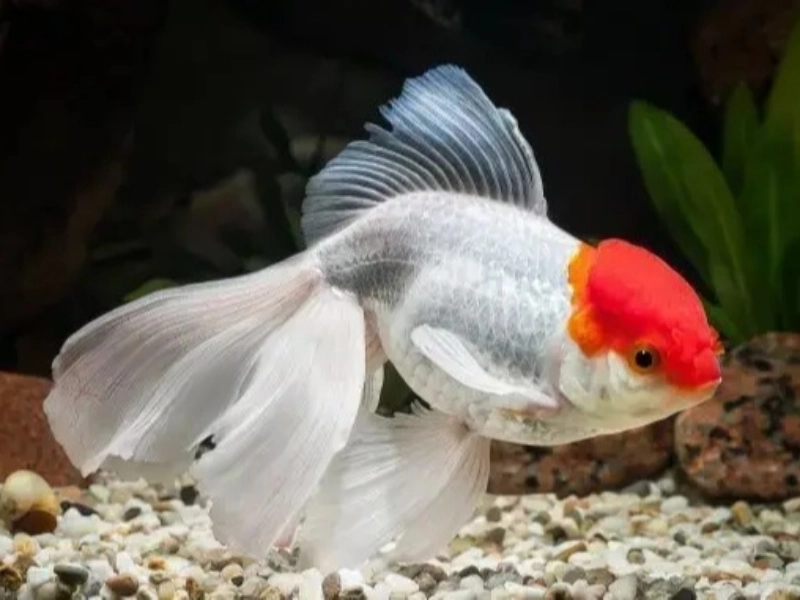
Although goldfish are normally calm fish, if they don't get enough food during feeding time, they may become hostile. If they are surrounded by smaller fish, they could also become hostile.
A game of chase or nipping between goldfish can occasionally be all that is involved. This, however, may also mean that they are stressed out for other reasons, such crowded tanks or dirty water. If so, you might want to add some calm companions to your tank, like zebra danios or pink barbs.
Getting Furious After Inserting the Food
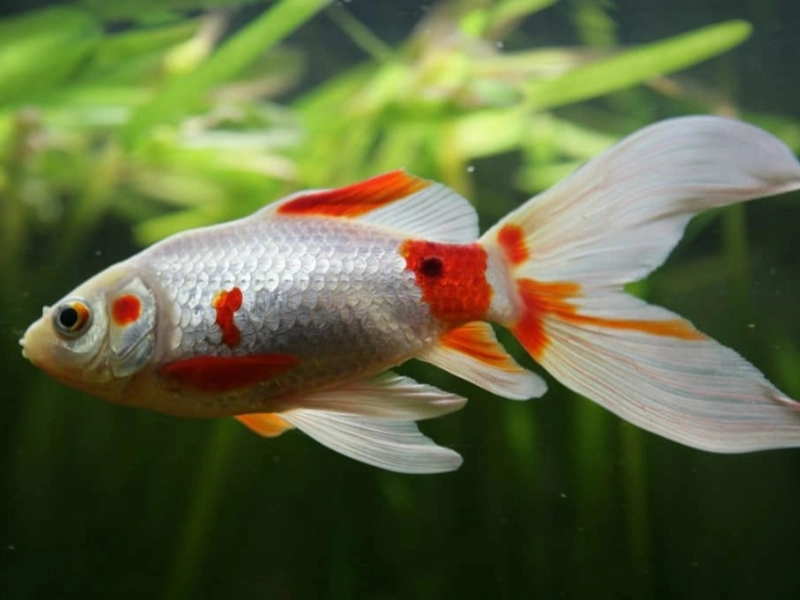
It could be an indication that your goldfish are hungry if they get hostile when you put food in the tank. Usually, resolving problems like stress and crowding will stop hunger-related aggressiveness.
The issue is typically one of food dominance, in which fish that are bigger or faster take all the food, leaving little for the slower swimmers. This can be fixed by getting a larger tank, changing the water frequently, and setting up a feeding plan. Unbelievably intelligent, goldfish are able to determine the time and anticipate their next meal!
Reminding You That They Must Eat
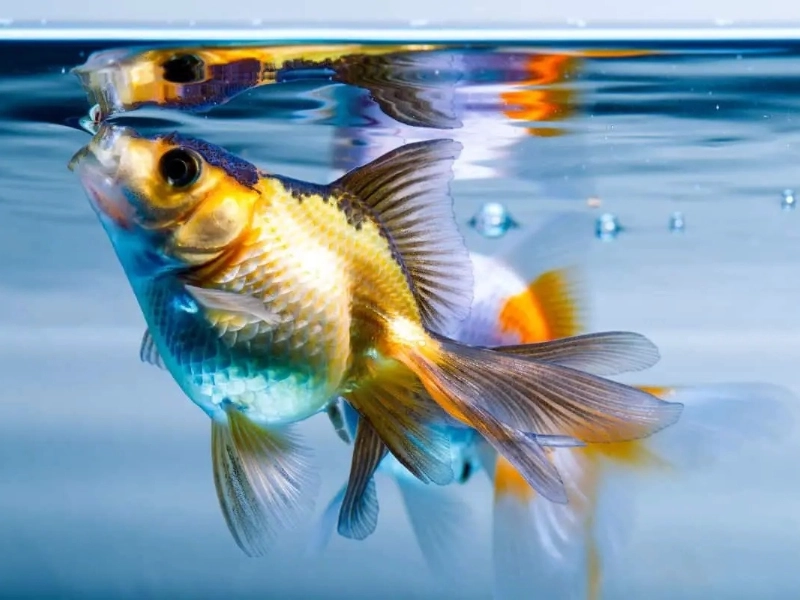
It's crucial to monitor how frequently you feed your goldfish, particularly when you're away from home. If you're not feeding them enough, you will have to take care of them yourself or hire a pet sitter. You can also use an automatic feeder.
Give them no more than they can consume in a two-minute period of time, or else waste will build up in the tank and taint the water. In order to get rid of any uneaten food, it's also a good idea to feed them right before changing the water.
Advertisement











